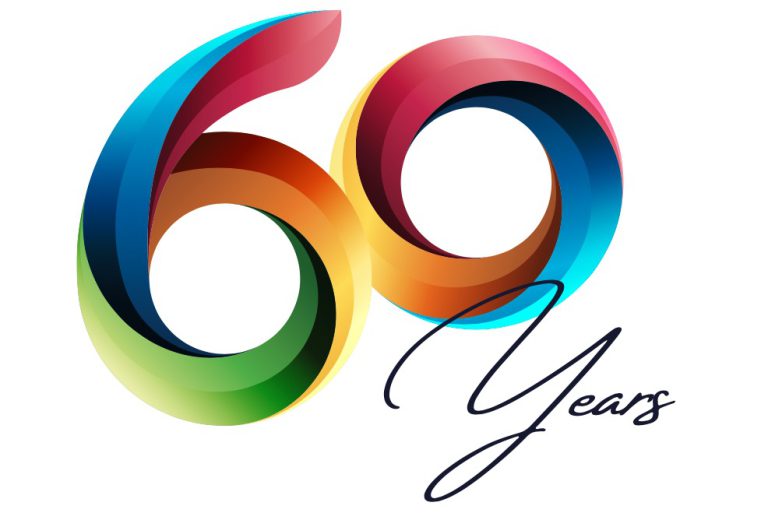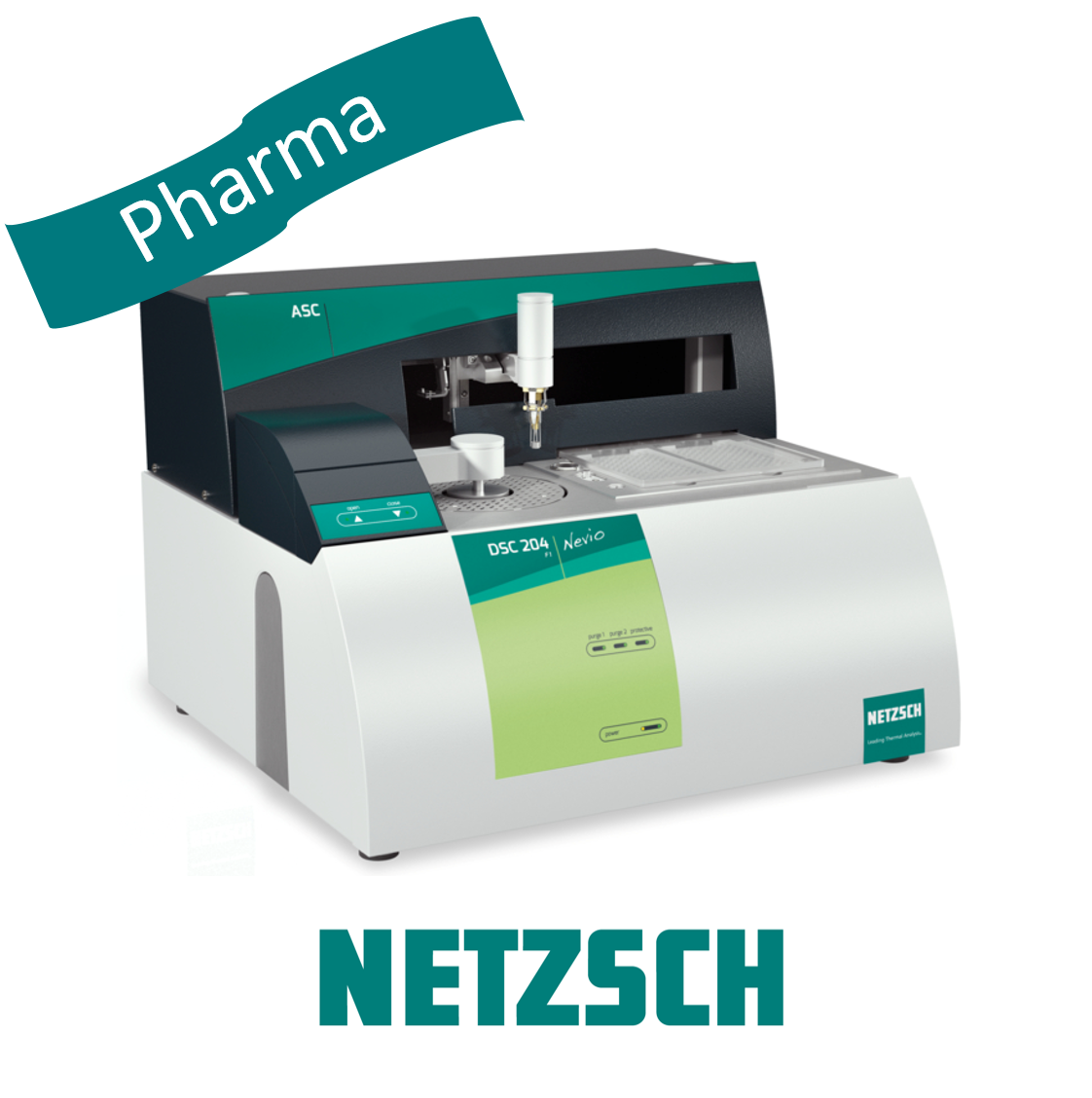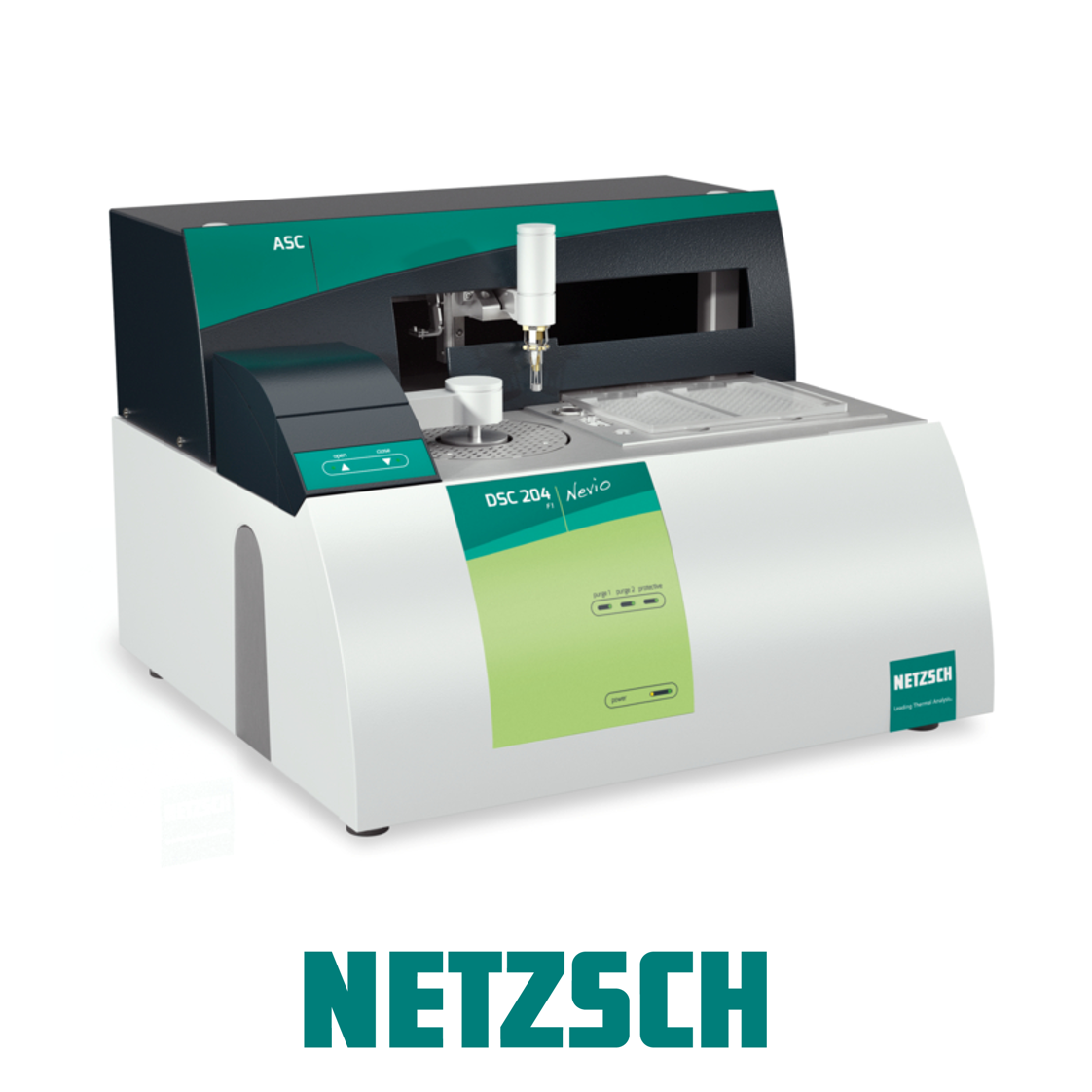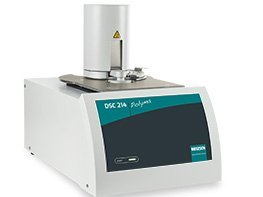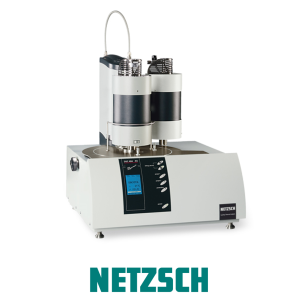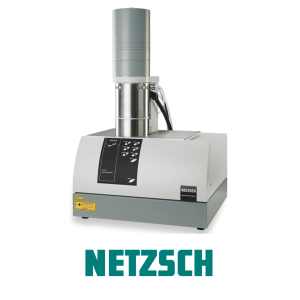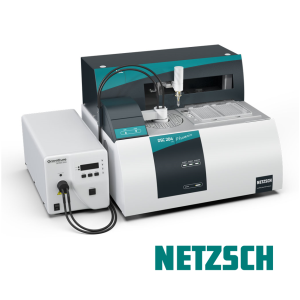תיאור
Precise and Reliable DSC Results for Pharmaceuticals, Foods and Cosmetics
…by means of the DSC 204 F1 Nevio, the premium differential scanning calorimeter for research and development, material characterization and contract testing.
The instrument serves for the investigation of:
- Melting temperatures and enthalpies of fusion
- Polymorphism (ability of a solid substance to exist in multiple forms or crystal structures)
- Crystallization temperatures and enthalpies
- Glass transitions (characteristic for amorphous areas or amorphous substances)
- Solid-solid interactions (e.g., between ingredients in a physical mixture)
- Phase diagrams
- Eutectic purity
- Solid-fat content
- Reaction temperatures and enthalpies
- Specific heat capacity (cp)
- Cross-linking reactions (curing)
- Oxidation-induction time and temperature (isothermal and dynamic OIT)
Features of the DSC 204 F1 Nevio:
Software which actively supports you – AutoEvaluation and Identify
AutoEvaluation is the first truly self-acting software feature in thermal analysis. Intelligent algorithms are able to detect and evaluate thermal effects without any user intervention.
Identify is software for curve recognition and interpretation via database comparison. It can manage measurements (also those of a customer’s own), literature data and classes. Numerous libraries are already included, amongst them also one containing data related to the fields of pharmacy, food and cosmetics.
All set for the future – various sensor types
The DSC 204 F1 Nevio can be equipped with different sensors to adapt the instrument to different application needs.
Excellent sensitivity and high resolution
With a value of more than 160 mW/K, the DSC 204 F1 Nevio with sensor exhibits the highest indium response ratio on the market. This height-to-width ratio of an indium melting peak is an ideal criterion for describing the sensor performance.
Automatic sample tray identification
The instrument can be fitted with an automatic sample changer (ASC, optional) for measuring up to 192 samples plus up to 12 calibration materials or empty pans. If a new sample tray is inserted, the system recognizes the tray and its content automatically via an imprinted 2-D code.
Additionally, the optional piercing device perforates the lids of aluminum pans shortly before a given measurement starts.
Measuring methods independent of instrument
Measurement methods (which can comprise not only temperature programs but also evaluation of the resulting curve) can be used on each device of the same type and comparable configuration. This is particularly advantageous if several DSCs of the Nevio line (DSC 204 F1 or DSC 214 instruments) are installed in the lab.
Efficient and cost-effective cooling
In pharmacy, cosmetics and food, most DSC instruments are equipped with a mechanical cooling system (intracooler). However, if very low start temperatures are required, a liquid nitrogen cooling device can be simultaneously connected to the DSC 204 F1 Nevio. In this case, the LN2 cooling will only be activated at temperatures below -85°C, which reduces the liquid nitrogen consumption considerably.
The Proteus® Protect software meets the requirements of 21 CFR Part 11.
-
Temperature range (max.)
-180°C to 700°C
-
Max. cooling rate/max. heating rate:
200 K/min
-
Measuring range/ weighing range (max.)
± 750 mW
-
Enthalpy accuracy:
< 1%2)
-
TGA resolution:
n/a
-
Indium Response Ratio (*):
> 160 mW/K5)
-
Exchangeable sensors:
Yes
-
Cooling options:
- Air compressor: RT to 700°C
- Compressed air: < 0°C to 700°C
- Intracooler: -85°C to 600°C
- Liquid nitrogen: -180°C to 700°C
-
Gas atmospheres:
Inert, oxidizing, static and dynamic
-
Gas-tight/vacuum-tight:
Gas-tight
-
Mass flow controller for purge/protective gas:
3, integrated (0 to 250 ml/min)
-
Automatic Sample Changer (ASC):
Yes (optional)
-
Software:
min. Proteus® 8
-
Advanced Software extensions (optional):
- Peak Separation
- Kinetics Neo
- Thermal Simulations
-
Size (W x H x D) – incl. ASC, without physical connections:
620 mm x 415 mm x 550 mm
1) minus weight of crucible
2) for indium
3) optimized temperature range for pharmacy, cosmetics and foodstuffs; depending on the selected furnaces: total temperature range: -150°C up to 2400°C
4) for thermocouple type E
5) using the equation published by B. Wunderlich, Thermal Analysis of Polymeric Materials, Springer (2005), page 346
6) in Al2O3 crucibles
